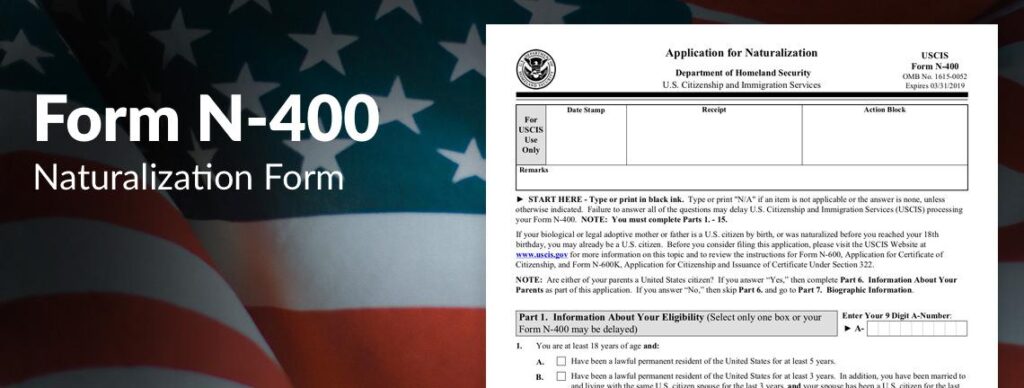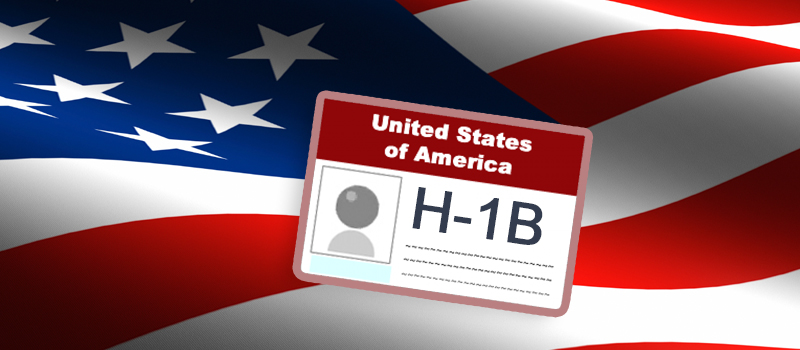President Obama makes an important change for young people with no immigration status
On Friday, June 15, 2012, President Obama made the most important immigration announcement since he became President. His announcement lets young people of good moral character, ages 15 through 30, remain in the United States without fear of deportation and eligible to apply for employment authorization.
This is not a full-scale amnesty making these young people eligible for green cards. It simply makes use of discretion that the government already has, called deferred action, to allow people with strong humanitarian equities to remain in the United States rather than be deported. It promises to make the deferred action process more open and more accessible than it has been in the past.
Who qualifies?
The person must be:
in the U.S. on June 15, 2012;
at least 15 years old as of when they apply, but not 31 years old as of June 15, 2012;
in school, OR graduated from high school, OR obtained a GED, OR have been honorably discharged from the military or Coast Guard; and have five years of continuous residence in the United States as of June 15, 2012.
Disqualifications
The person cannot have been “convicted of a felony offense, a significant misdemeanor offense, [or] multiple misdemeanor offenses.” Nor can an applicant be “a threat to national security or public safety.” The significant misdemeanor definition is very broad and appears to include Connecticut shoplifting, assault, domestic violence or DUI. Anyone with any kind of conviction should speak to an experienced immigration attorney before applying.
I dropped out and don’t have a GED, but I meet the other qualifications. Is there anything that I can do?
It’s not clear. In a phone call on Monday, June 18, the government gave an unclear, but apparently negative answer: that you had to be in school, have graduated or have a GED as of June 15, 2012. We are waiting for clarification.
I have traveled outside the United States for visits since my entry. Do I still qualifiy?
We are not sure yet.
How will young people apply for deferred action?
We don’t know yet. DHS will define the procedure within 60 days. (Someone who has an active case before an immigration judge may be able to take some action now and should consult with their attorney.)
What benefits will young people who are granted deferred action be eligible to receive?
Work authorization, initially for two years. A separate work authorization application will be required. (We don’t know yet if you can do the two applications together ot if the work authorization will come later.) They will also have freedom from deportation while they have deferred action and maintain good moral character. It may be possible to apply for travel authorization too, although that may create future problems for people who are 18 or older. We hope, but are not sure, that Connecticut DMV will issue driver’s licenses to DREAM deferred action beneficiaries.
What about younger children?
Children under 15 will gain protection from deportation without having to do any application. They will not be eligible for work authorization.
Can young people who were deported or left under voluntary departure in the past come back?
That is not part of the June 15, 2012 deferred action policy memorandum, although the memorandum does not specifically preclude their participation in a similar program called humanitarian parole.
Could Mitt Romney undo this if he becomes President?
Yes. Important Republican politicians have already said that it should be revoked. The more successful the program is, the harder it will be to undo it, but there are no guaratees about how long it will continue. That is an important reason for citizens who are concerned about immigrant children to vote for President Obama’s reelection.
I think I will be eligible form DREAM deferred action. What should I do today?
Gather copies of your high school transcripts (and diploma or GED certificate if you have completed high school).
Gather proof of how long you have been in the United States. If you came with a visa, find your passport and I-94 card (the little white card stamped in your passport). If you came across the border, get school records (elementary and high school) or medical records from when you first entered the United States. You may need to show proof of your continuing presence in the United States, so save records showing that you continued to be here after your entry and school graduation.
Preserve proof that you were here in mid-June 2012.
Because you will also need to show proof of economic necessity to receive work authorization, it would be a good idea to save your most recent tax return (or your parents’ return, if you are their dependent and do not file on your own).
If you have been arrested, get certified copies of the disposition of your case from the local court where your case was heard and also from the Judicial Department Records Center in Enfield. This is especially important if the case was resolved in your favor. Get these records even if your case was decided as a youthful offender case.
Does the President have the authority to do this?
Absolutely. Deferred action has existed for decades. A few students in Connecticut (and some adults) have received it already. Mariano Cardoso, a Harford-area DREAMer is probably the best known recipient in Connecticut. Many victims of domestic violence have also beengranted deferred action. The work authorization eligibility has also existed for years.



